Why Is Kalam Unbelievably Relevant Even Now?
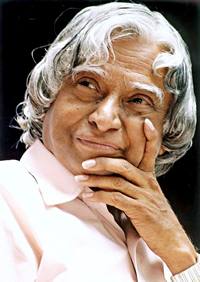
The eleventh President of India and a noted aerospace engineer, Dr. APJ Abdul Kalam, was colloquially referred to as the Missile Man of India. His impressive scientific and technological advancements in India, coupled with his modesty and uplifting nature, have earned him widespread acclaim and admiration.
Dr. Kalam’s enduring popularity in India persists despite his demise in 2015. For millions of people, he serves as an inspiration and a national icon. Indian people remain motivated by his legacy to pursue excellence and have grandiose aspirations.
His enduring popularity can be attributed to a multitude of factors. Predominantly responsible for the development of ballistic missile and launch vehicle technology in India, he was an exceptionally gifted physicist and engineer. In 1998, India conducted the Pokhran-II nuclear tests, which substantially enhanced the nation’s defensive capabilities. He played a pivotal role in the planning of these tests.
Further, with a crystal-clear vision for India’s future, Dr. Kalam was a visionary leader. His book, India 2020: A Vision for the New Millennium, provided a comprehensive strategy for attaining his conviction that India could progress to the status of a developed nation by 2020.
Additionally, renowned for his modesty, kindness, and simplicity, Dr. Kalam was a revered and esteemed individual. The message of optimism and hope that he conveyed made him particularly well-liked among the youth.
Contemporary India’s Recognition of Dr. Kalam
Significant in contemporary India is the work of Dr. Kalam. India is now a global leader in these disciplines due in part to his contributions to the nation’s scientific and technological progress. Countless Indians have been motivated to pursue excellence and make meaningful contributions to the progress and advancement of their country by his vision for India’s future.

Indeed, the values and principles espoused by Dr. Kalam continue to have contemporary relevance. The significance of diligence, commitment, and endurance was imparted to us by him. He also instructed us to endeavour ceaselessly to effect positive change in the world and to maintain humility and compassion.
Dr. Kalam’s teachings for contemporary India
Dr. Kalam has much to offer regarding the modern Indian context. A few instances can be cited:
- The Scientific and Technological Importance: Dr. Kalam held a firm conviction regarding the paradigm-shifting potential of science and technology. He held the conviction that the advancement and progress of India were contingent upon the sciences and technologies. Standing as a global leader in these domains, contemporary India ought to maintain its substantial investments in science and technology.
- Kalam fervently advocated for the significance of education. He was convinced that education was indispensable for both nation-building and the empowerment of individuals. Education should be universally accessible and a priority for contemporary India.
Dr. Kalam served as an example of the importance of values and principles because he was a strong example offenders. He asserted that diligence, commitment, tenacity, modesty, and empathy were all essential qualities. Encourage its citizens to conduct their lives in observance of these values; this should be the mission of contemporary India.

Millions of individuals looked up to Dr. APJ Abdul Kalam as a visionary leader and icon. He has become one of the most well-liked and esteemed figures in Indian history due to his impressive achievements in scientific and technological progress, inspiring personality, and modest disposition.
Today, the legacy of Dr. Kalam remains pertinent. His optimism and message of hope, his commitment to values and principles, and his emphasis on the significance of science and technology are more crucial than ever.
Contemporary India ought to aspire to embody the principles that Dr. Kalam espoused.
- A man of distinction, Dr. Kalam was born in Rameswaram, Tamil Nadu, India, on October 15, 1931. His father was engaged in boating, which contributed to his modest upbringing.
- Kalam was a brilliant student; his thirst for learning never died.
- A graduate of the Madras Institute of Technology, specialising in aeronautical engineering.
- Although a devout Muslim, Dr. Kalam was an ardent advocate for interfaith harmony. It was his conviction that the message of love and harmony was universally preached by all religions.
- Kalam was employed at the Defence Research and Development Organisation (DRDO) as a scientist. He was instrumental in the advancement of launch vehicle and ballistic missile technology for India.
In addition, Dr. Kalam contributed to the development of India’s inaugural launch vehicle, the SLV-3, while employed by the Indian Space Research Organisation (ISRO). - Kalam advised the Minister of Defence on scientific matters between 1992 and 1999. He supervised the Pokhran-II nuclear tests conducted by India during this period.

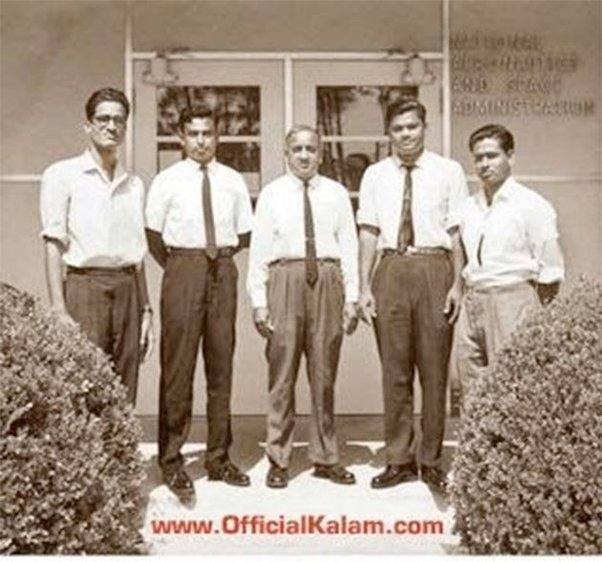
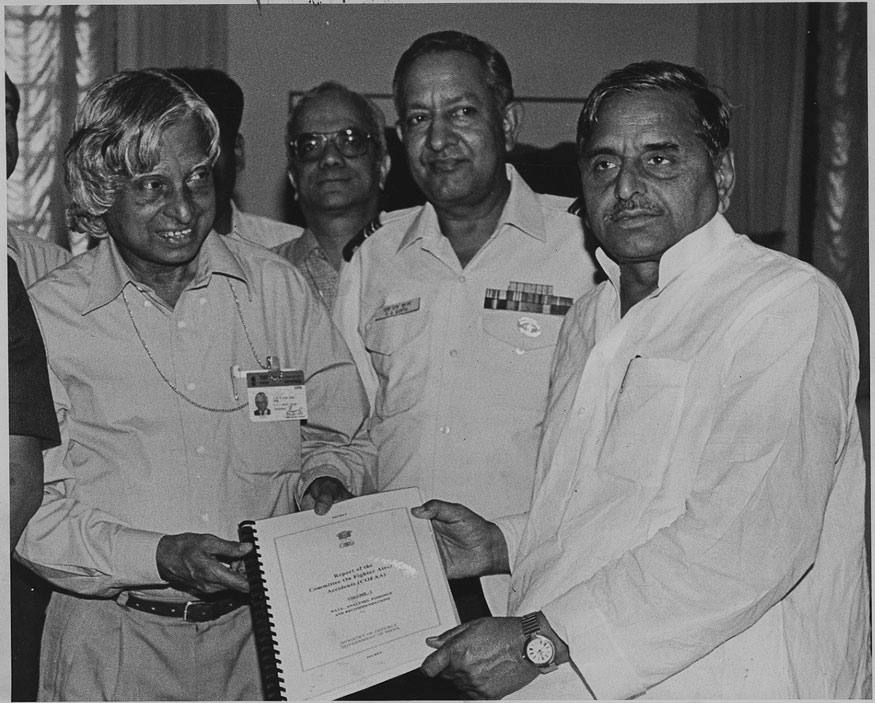
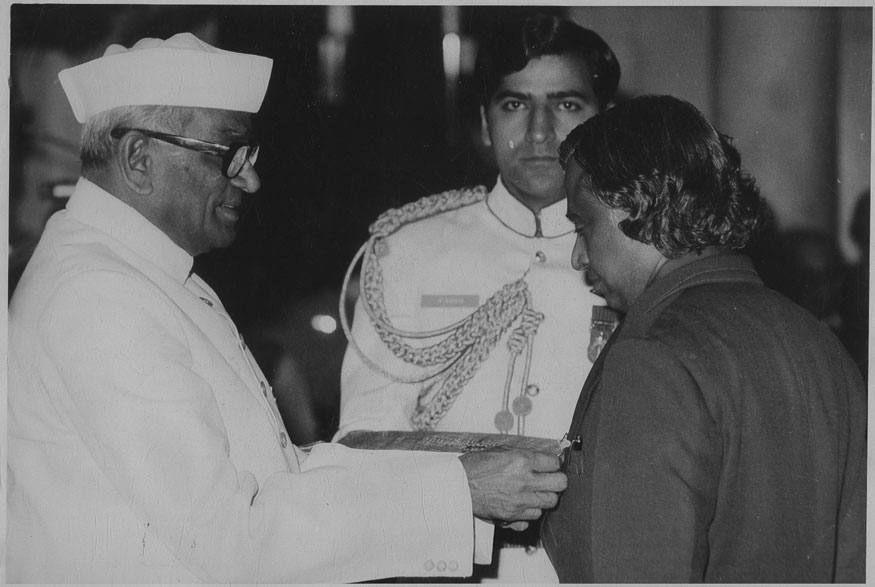
His Principles and Philosophy
With a distinct vision for India’s future, Dr. Kalam was a leader with foresight. His book, India 2020: A Vision for the New Millennium, provided a comprehensive strategy for attaining his conviction that India could progress to the status of a developed nation by 2020.
Dr. Kalam ardently supported science and technology; he was indeed a true patron.
Dr. Kalam was a strong advocate of education for all and held the conviction that science and technology were indispensable for the advancement and progress of India. He was convinced that education was indispensable for both nation-building and the empowerment of individuals.
In recognition of his contributions to science and technology, Dr. Kalam was bestowed with a multitude of honours and accolades.
Padma Vibhushan and Bharat Ratna were two honours bestowed upon him, respectively, in 1990 and 1997.
Dr. Kalam, a man of modest means with a strong rapport with the populace, he presided over India for five years as the 11th President of India. He was elected in 2002.
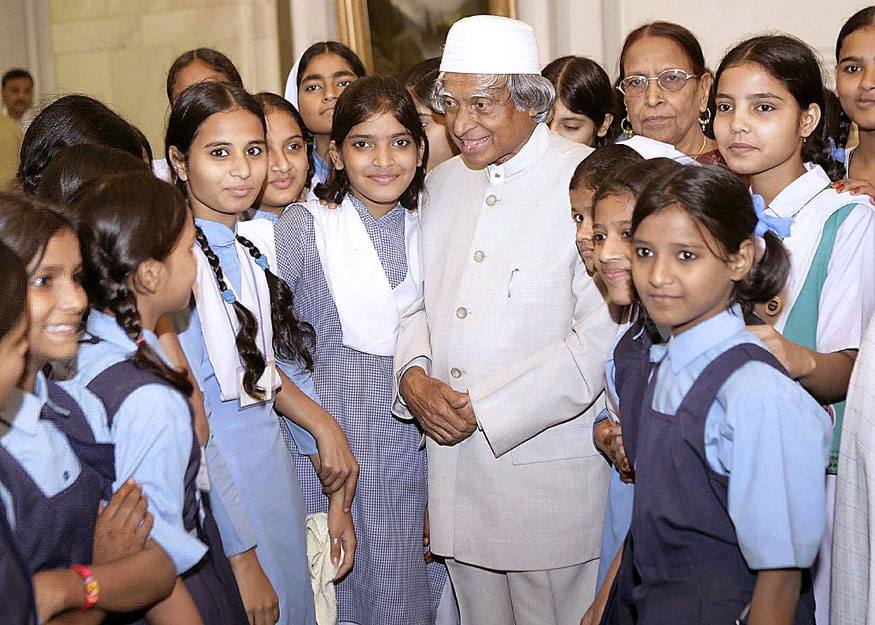
Young people were particularly attracted to Dr. Kalam and they connected instantly with him. His motivational speeches and messages of optimism and hope earned him the title of ‘President of the Youth & Children’. To interact with students, Dr. Kalam often visited universities and institutions. He motivated them to achieve excellence and work towards their goals.
His Books
Some of his noted books are:
- Wings of Fire: An Autobiography (1999) was among the many publications authored by Dr. Kalam.
- China 2020: An Emerging Millennium Vision (2002)
- Ignited Minds: Capturing India’s Potential for Empowerment (2003)
2004’s The Luminous Sparks - For the 21st Century, Mission India: A Vision (2005)
- A Vision for Tomorrow’s India: Beyond 2020 (2014)
Wisdom and inspiration abound in the works of Dr. Kalam. Anyone who desires to accomplish their goals and effect positive change in the world should highly recommend reading them.
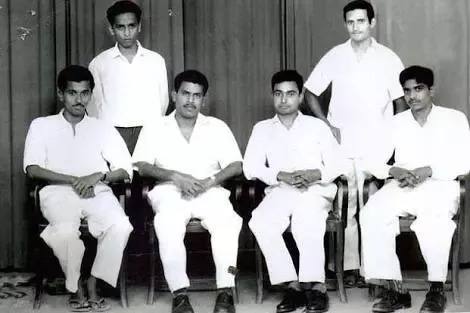
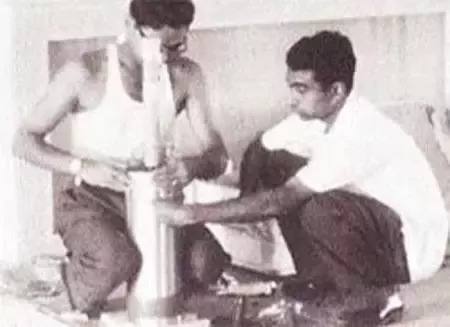
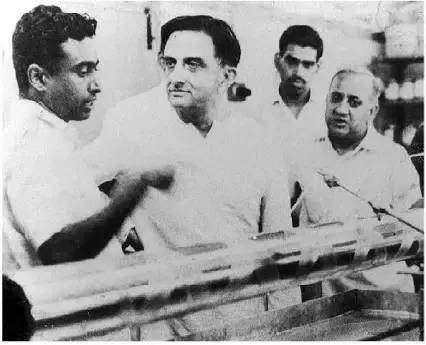
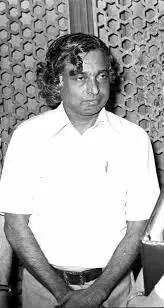
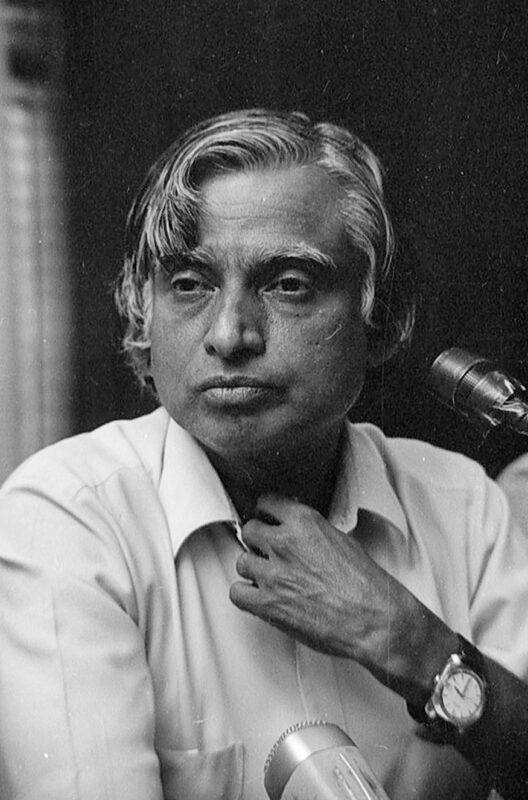
His Relevance
He gave a new direction and vision to modern India.
His contributions to the field of science, especially space and technology, helped India achieve a pioneering position in the world, which only a handful of nations can boast of.
He inspired the children of India to dream and achieve their dreams through hard work.
He emphasised the importance of secularism and living in peace and harmony, respecting each other’s beliefs and traditions without hampering their own, as he was a devout Muslim himself.
He inspired many to be modest and humble to the core and to keep their focus on bigger things.
He set an example with his life, his education, his books, and his work.
He reminded each one of us of how a president of a democratic nation should be.
These are virtues he passed on to the current generation, which indeed are the need of the hour, and we still benefit from them.
Notwithstanding his unanticipated candidature for the presidency, he garnered widespread admiration during his tenure in that illustrious office. Beyond his customary ceremonial duties, he established rapport with common individuals, particularly young people. By employing his distinctive approach of delivering informative poems for children and idiosyncratic PowerPoint presentations, he explored a wide array of subjects, including the importance of broadband connectivity in rural regions and solar energy. The influence of Abdul Kalam was significant; his book “Ignited Minds,” among others, struck a chord with readers, which contributed to his widespread acclaim.
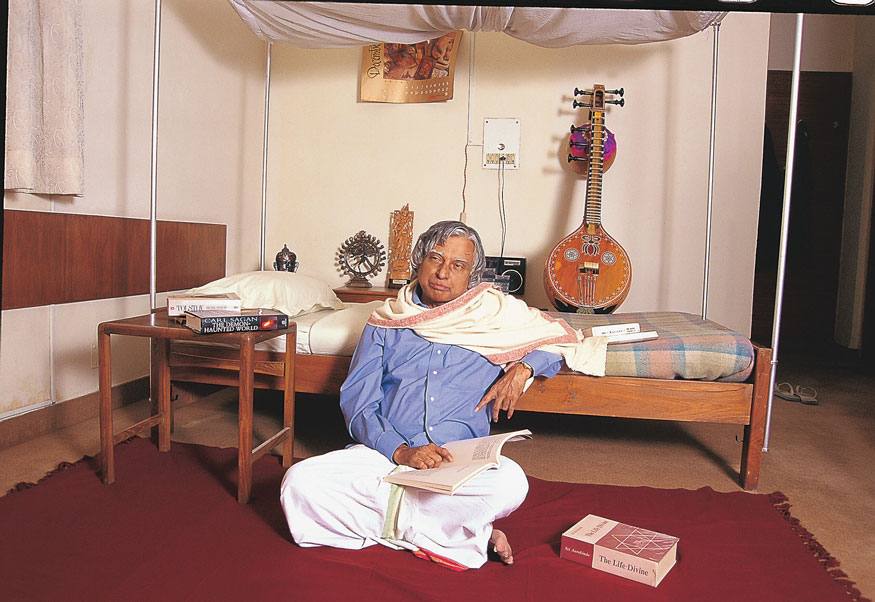
Abdul Kalam was notable for a variety of reasons. Being a Muslim who was deeply ingrained in Hindu culture, he was regarded by many as an anomaly. Scientific by nature, he frequently listened to Carnatic devotional music, played the rudra-veena (a traditional South Indian instrument), and admired classical Tamil poetry. He nevertheless carried out the namaz (Islamic prayer) devoid of any feeling of incongruity. Through the amalgamation of his native Islamic faith and a profound understanding of the customs that founded his civilization, he personified the multifarious essence of India’s rich heritage.
Abdul Kalam, whose long silver hair was styled back and who spoke with a thick Tamilian dialect, defied expectations to become a cultural icon. His popularity persisted after he ceased serving in office. Throughout his retirement, he consistently delivered speeches, with a particular emphasis on academic institutions, where he adeptly engaged a wide range of audiences.
APJ Abdul Kalam epitomised India at its finest. He was the nation’s most revered president in its history. Active until his demise, he departed this world while continuing to speak, as if to remind us that he had more to say.
The “People’s President” had no property in his name. With the exception of a pair of shoes, two thousand five hundred plus books, a wristwatch, six shirts, four trousers, and three suits, Dr. Kalam possessed almost nothing. Notably, the former president did not possess a refrigerator, television, automobile, or air conditioner. Dr. Kalam did not lead an extravagant lifestyle. His primary source of revenue was the royalties he obtained on the books he had written, as well as his pension.
Always motivating millions of individuals worldwide, Dr. Kalam’s legacy lingers. A shining example for all, he was a genuinely brilliant leader. His extraordinary life will continue to be celebrated in India for a long time to come.
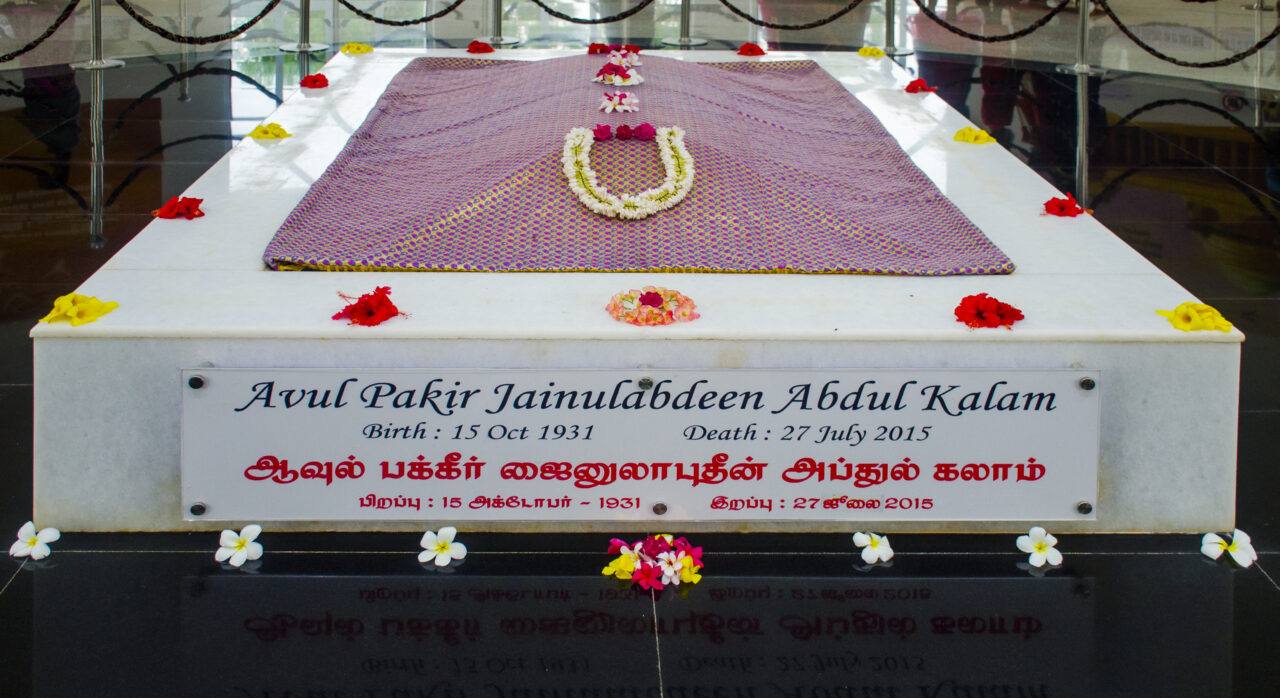


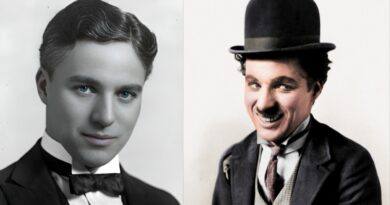


I really like your writing, this is very useful for me, thank you bro
James Jernigan’s YouTube channel is a comprehensive resource for AI marketing enthusiasts. His content is not only informative but also engaging, making it an enjoyable learning experience for all.
Hi, after reading this remarkable piece of writing i am too happy to share my experience here
with colleagues.